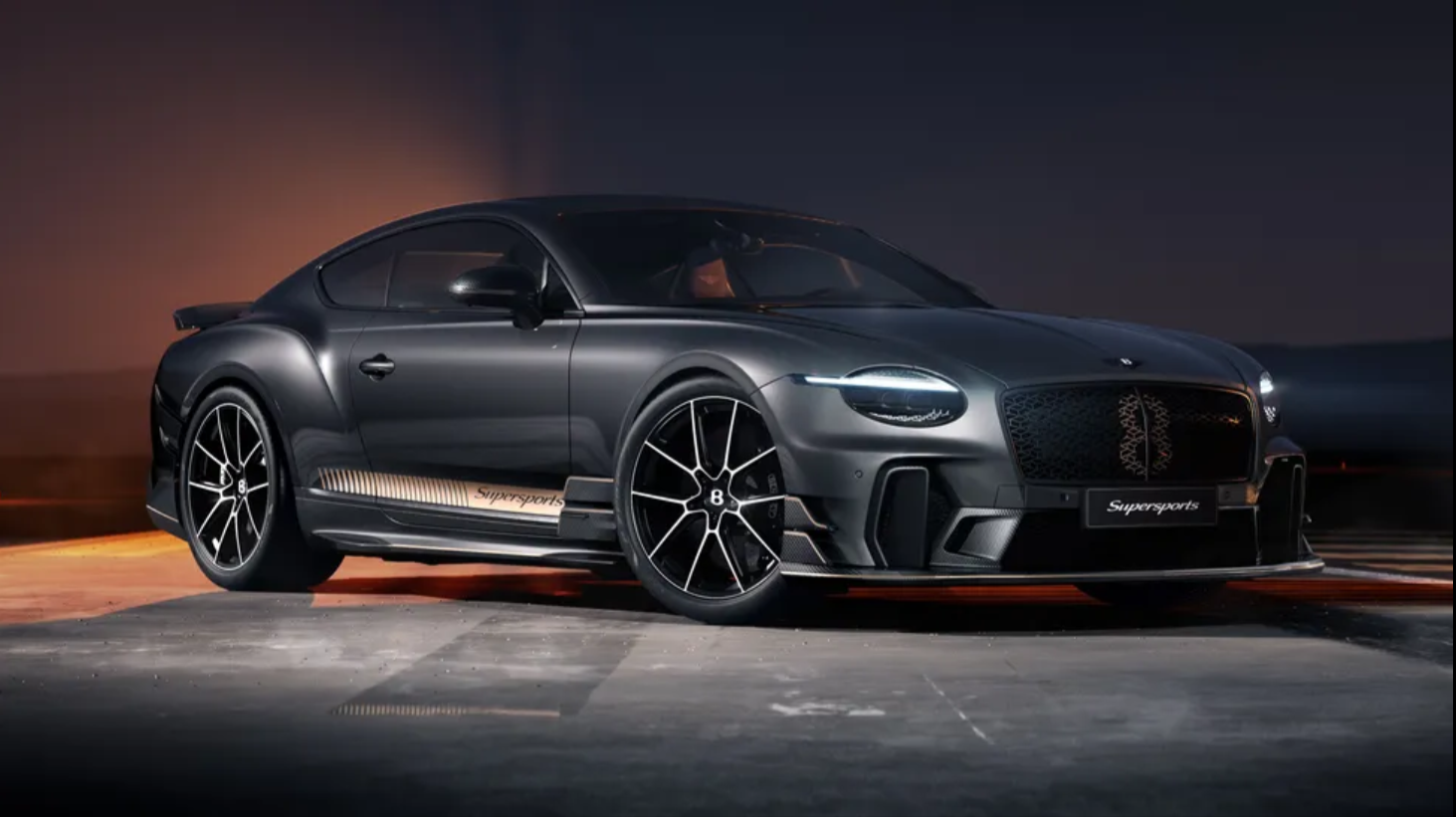The current Porsche Panamera received a refresh as recently as 2020, but Porsche is preparing another update to its Audi A7 rival for next year to extend the lifecycle of its large luxury saloon. We don't expect significant mechanical revisions for the new car, although it will arrive with fresh styling and interior changes.
Spies caught the updated version carrying out cold-weather testing in Sweden, revealing numerous design changes over the outgoing model. The front end is smoother, with a pair of smaller, more rounded outer grilles with fewer horizontal strakes. The LED running lights are new vertical units.
The main radiator grille has been reprofiled, too, and is taller and narrower than before. The grille now extends above the front number plate, and brings the Panamera into line with the upcoming facelifted Cayenne, which we spied last year.
Elsewhere, this test car shares its wheels with the current model, but new designs could come as part of the facelift, along with new paint colours. The rest of the car is unchanged from the current Panamera, although further styling tweaks could be introduced for the production version.
The interior of this development car was covered over, indicating that a cabin update could be on the cards. The general layout won't change much, but a new, stubbier gear selector (as seen on the latest 911) could feature. Porsche may also install a fully digital instrument panel; at present, the Panamera uses a partly digital layout, with an analogue rev-counter.
A new range of interior trim and upholstery options might also be included, although the Panamera's 12.3-inch central touchscreen will likely remain. Last year, Porsche updated the Taycan’s sixth-generation PCM infotainment system to include upgraded speech recognition, faster navigation route calculations, Android Auto integration and a tweaked interface, and we expect these changes to make their way to the facelifted Panamera.
The engine range is unlikely to change, save for small power and efficiency gains, potentially. The Turbo S E-Hybrid will continue to top the range – the current version produces a mammoth 690bhp. Under the skin, the springs and dampers could also be tweaked to aid the car’s ride and handling.
The updated Porsche Panamera is expected to arrive next year, for a small premium over the existing car’s R1 600 000 starting price.









.jpg)


.jpeg)

.jpeg)
.jpeg)

